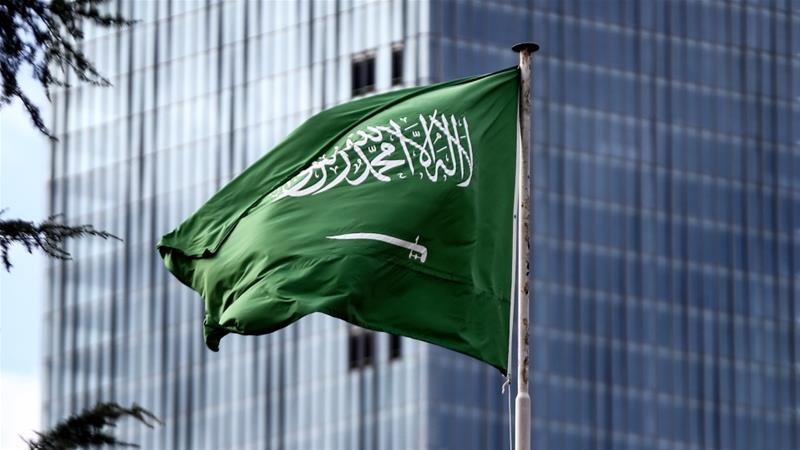Muslim religious leaders in South Africa have made an impassioned call on Saudi Arabia to release three prominent scholars who are being detained and face possible execution. According to Middle East Eye last week, the three scholars, who are being held on multiple charges of “terrorism” since 2017, will be sentenced to death. Sheikh Salman al-Awdah, Awad al-Qarni and Ali al-Omari will be convicted and executed after Ramadan.
In an open letter to the Saudi Kingdom, the United Ulema Council of South Africa (UUCSA) appealed to the Saudi authorities to display clemency based on the Prophetic tradition that states: “Avoid applying punishments as long as you are able to find an excuse to avert them,”(Sunan Ibn Majah)
“It is no secret that the Muslim world is going through exceptionally turbulent times; it is difficult enough to talk about the problems we face as an ummah, let alone find solutions for them. The clarion call to leadership in the Muslim world is to manage their differences through dialogue and tolerance, since violence only begets violence,” says the letter.
“It will indeed be catastrophic if reputed Islamic scholars who enjoy international recognition and who are regarded as beacons of guidance and proponents of tolerance and moderation are executed in the name of anti-terrorism for expressing scholarly views. Such dastardly action will only serve to marginalize the Kingdom of Saudi Arabia from the global ummah and prove to be counterproductive for its long term stability.”
The trio is currently awaiting trial at the Criminal Special Court in the capital, Riyadh, according to Middle East Eye, after being arrested in September 2017, when Saudi authorities detained dozens of prominent figures in an alleged anti-corruption crackdown headed by Crown Prince Mohammed bin Salman. Their arrests provoked the condemnation of the United Nations, as well as several prominent rights groups, including Human Rights Watch and Amnesty International.
The most influential of the three is Sheikh Salman al-Odah, an internationally renowned alim and writer. Shaykh Awad al-Qarni is also an academic and author and Shaykh Ali al-Omari has made his mark in broadcasting. The three scholars have massive followers online, with Al-Odah’s Twitter account in excess of 13 million followers alone. As high-profile figures, they are seen to be political dissents given their critique of the Saudi government.
Al Odah had in fact tweeted a call for reconciliation between Saudi Arabia and Qatar in 2017, following a landmark decision by the Kingdom to sever all diplomatic and economic ties with the Gulf state. This led to his arrest.
UUCSA said the appeal to the Saudi Kingdon is “apolitical” and is motivated by the prophetic tradition that says:
“Religion is naseehah. The people said: “To whom?” The Prophet صلى الله عليه وسلم said: “To
Allah and to His Book, and to His messenger, and to the leaders of the Muslims and
to the common folk of the Muslims.” [Muslim]
“We trust that you accept this ‘naseeha’ in the spirit that it was intended and that you will withdraw the execution order (if such an order has actually been issued) and that you will summarily release scholars who are incarcerated for simply articulating judicious and scholarly views regarding the political climate in the Kingdom.”
UUCSA is an umbrella body comprising nine affiliate members. It represents approximately 1500 Muslim scholars including the Jamiatul Ulama SA, Muslim Judicial Council, Sunni Ulema Council and others. It has a national footprint across the nine provinces of South Africa.






 WhatsApp us
WhatsApp us 

